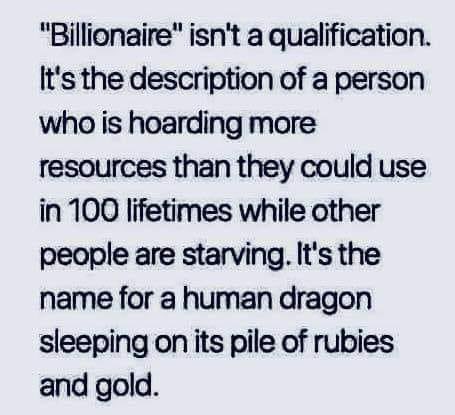Correct, the only way it can be paid off is by ensuring a country has a positive cash flow ( exports, remittances, foreign investment).But the problem is worse than that because the money in circulation is debt. In other words the US government cannot pay off the debt because the money to lead it out is well way more.
It like you have $1 dollar bill and you come to be for $100 and I say okay but now you have to pay me $1000 for me giving you $100.
Now you must pay debt of $1000 with $100 I gave you and the $100 I give you is not your money.
In other words the US government cannot pay of the debt ever even if it spend not even dollar in a year.
But that means the external debt of other countries is increasing, and of course, it can't grow forever.
The government debt is not a problem for a country that is the main reserve currency ( the money flows back into the central bank when other countries use it as reserves).
Private debt is more dangerous because when it deflates it creates a recession. The government is the only sector that can remain in negative financial equity permanently.


